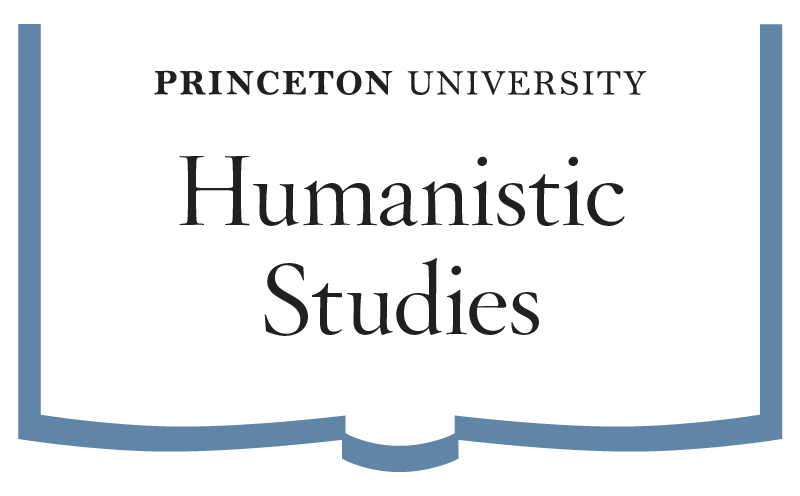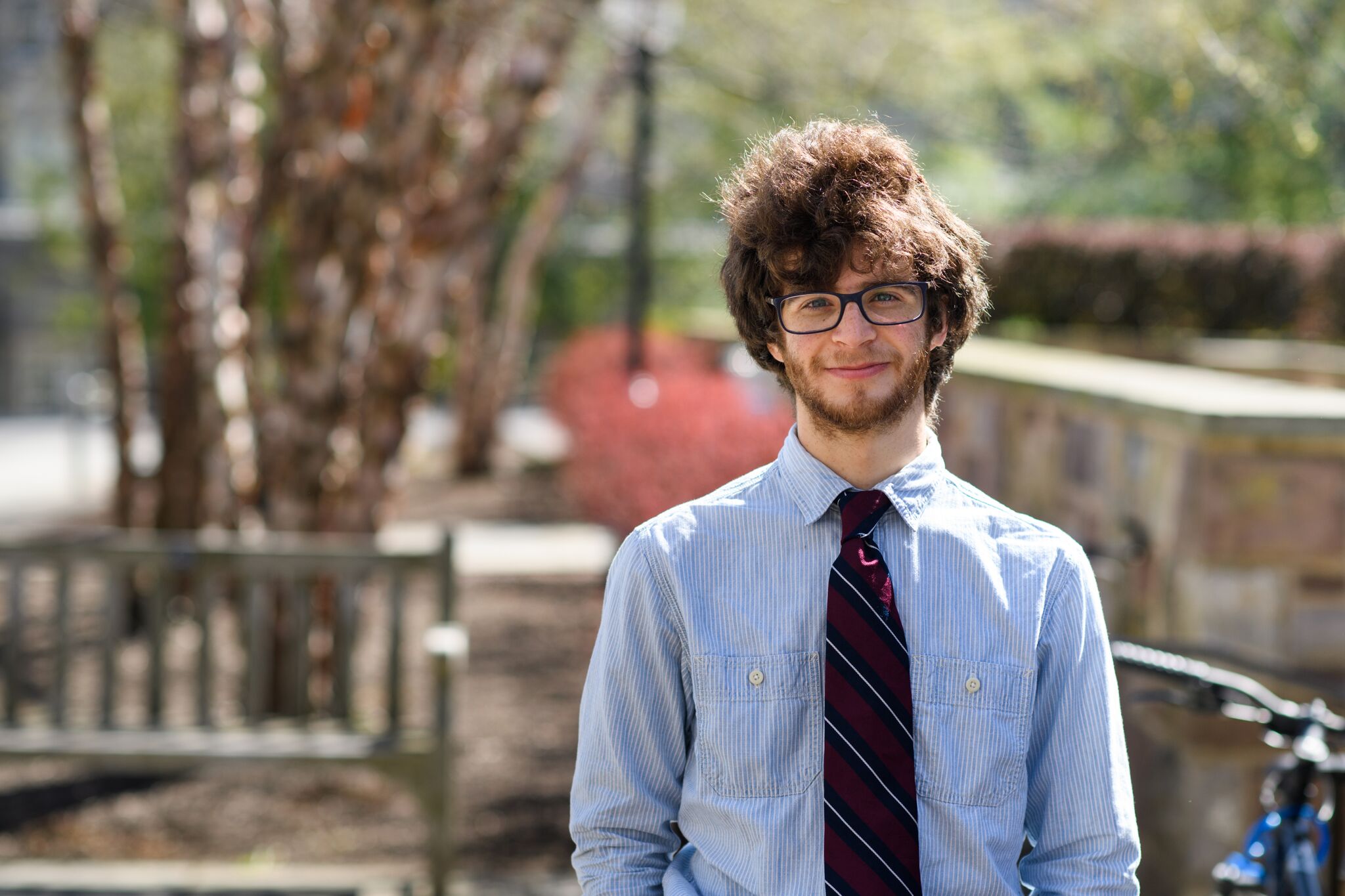I’m a Comparative Literature major, pursuing a certificate in German Language and Culture.
Role(s) held in the Humanistic Studies Program:
Humanities Mentor
Activities on campus:
Outdoor Action, Resident Baker at the 2 Dickinson Co-op, Center for Jewish Life
Why I decided to study the humanities:
I was drawn to the humanities because I believe deeply that the pursuit of knowledge does not just involve assembly of facts but a striving to attune ourselves with the moral core of our humanity.
What I have gained from the humanities:
In the humanities I have glimpsed the worlds of meaning furled up in the tiniest words and syntactical choices. Close reading, a skill I first learned in the HUM Sequence, has given me the sense that I can find a depth of meaning in everything. While my friends make fun of me for analyzing the meter of a highway sign, I have gained an appreciation not only for literature but for art, nature, and the people around me. I have learned immensely about how to think and analyze, and seen other perspectives in a depth I didn’t know possible, delving into people’s worlds as expressed in all of their details.
Independent work:
I am a senior studying the intersections between German, Yiddish and Hebrew at the start of the 20th century. For my fall junior paper, I analyzed a poem in Rainer Maria Rilke’s Das Stundenbuch (The Book of Hours). Through subtle shifts in perspective, the poem rejects conceptions of seeking God as oversimplified, replacing them with a path to truth through surrender and death. In my spring JP, I explored Lieder des Ghetto (Songs of the Ghetto), the German translation of a turn-of-the-century book of Yiddish sweatshop poetry. By close reading the choices in translation, I show how it turns a paralyzed messianic yearning for Zion into a manifesto outlining the possibility of the Zionist movement to fulfill the messianic vision.
For my thesis, I compared the relationships of two twentieth-century Yiddish authors to biblical narrative. David Bergelson outlines a dichotomous model, where action in the European present is diametrically opposed to the religious texts of the old shtetl world. Itzik Manger, on the other hand, integrates past and present, the particular and the universal, by embracing anachronistic contradiction. I analyze how he retells the Binding of Isaac to enables him to deftly navigate these tensions, responding to current events and drawing from tradition to live fully in the modern world.
HUM Sequence fall break trip:
On the HUM trip to Rome I explored how one can authentically relate to, and understand, classical art torn so deeply out of its original context, and specifically studied the way contrasting art and industrial machinery in the Central Montemartini museum provoke the visitor to see classical sculpture in a way more true than a simple collection of busts could.













